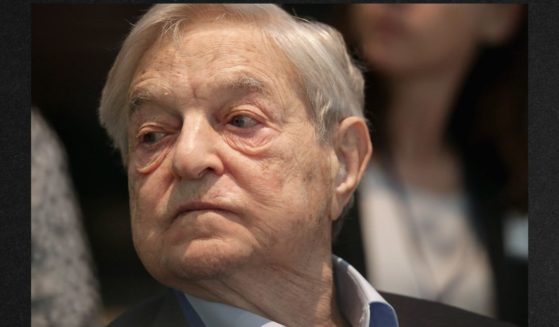Boxer dies after 1 of the most brutal fights ever
A boxing match is one of the last remaining pure spectacles of brutality left in the world that hasn’t been nerfed like pro football or banned long ago like gladiator games.
A televised fight is a visceral display of two men or women in a ring, each with the same simple goal: Punch the opponent repeatedly until the opponent literally cannot stand up anymore.
Someone who is exceptionally good at doing this in the time limit prescribed by the length of the fight is even celebrated in the same terms usually afforded to painters and musicians; he or she is a “knockout artist.”
We celebrate this brutality, calling boxing the “sweet science.” We still build our cultural metaphors around the displays of dominance and power so primal that if you got a time machine and fished a Cro-Magnon man out of the caves at Lascaux, got him dressed and took him out for a night of wheezing the juice and watching boxing, he would surely appreciate the fights even today.
Sometimes, however, celebrating brutality means being complicit in something horrible.
Canadian fighter David Whittom was literally beaten into a coma in the ring in May 2017.
Ten months later, Whittom died from the cerebral hemorrhage he suffered in the fight against Gary Kopas.
He was taken to the hospital following the bout, and he never left. His life was cut short just a week after he turned 39.
Whittom’s girlfriend, Jelena Zerdoner, had the unenviable task of announcing his death to the world via Facebook on Friday.
Said Zerdoner: “With a broken heart in a million pieces, I announce to you, my friends, that my David Whittom joined the angels and my mother this afternoon.”
“I miss the words. I miss the breath. I am down to see that I lost, in so short a time, my two guardian angels,” she added. “The two people who believed in me more than anyone. I love you like I have never loved anyone, thanks for everything, mom and David.
“Rest in peace, my champion. You fought too long. Now, no more pain.”
Fellow fighter Eric Martel Bahoeli also eulogized Whittom in a Facebook post.
“Tonight, I officially lost a friend, a brother, a countryman, a partner, a guy with whom I’ve lived a lot of adventures!
“A guy who ‘boosted’ my confidence, a guy who has accompanied me in my career, a guy who, despite his ups and downs, has always been loyal to me.”
RIP David Whittom pic.twitter.com/K1p1l7ca7C
— Jean Philippe (@jee0026) March 17, 2018
Such is the nature of boxing.
The roster of fighters who died in the ring includes names every fight fan knows.
There’s Duk Koo Kim. Beethaeven Scottland. Benny Paret.
The list goes on.
And for every dead man, there are countless more who were spared the release to the hereafter but nonetheless had their lives permanently altered for the worse by the pounding they took in the ring.
Guys like Reyes Munoz and Joey Gamache, both of whom had their careers ended by Arturo Gatti. Joe Frazier and Muhammad Ali, whose fights with each other were the finest of spectacles but left both men shadows of their former selves as they aged. Magomed Abdusalamov, beaten so badly that not only is he still unable to walk, the New York boxing authorities were found liable and had to pay him $22 million.
Boxing is a sport in decline. Between the public’s waning taste for violence as entertainment that doesn’t involve CGI in Hollywood and the sport’s continued insistence on pointing the gun at its own foot (see Manny Pacquiao’s latest debacle on the judges’ scorecards for a fine example of why boxing has all the credibility of WWE at this point), the sport is in critical condition.
Critical condition being a big improvement over what happened to David Whittom. Think about it the next time you sit down to watch the fights.
Truth and Accuracy
We are committed to truth and accuracy in all of our journalism. Read our editorial standards.
Advertise with The Western Journal and reach millions of highly engaged readers, while supporting our work. Advertise Today.











